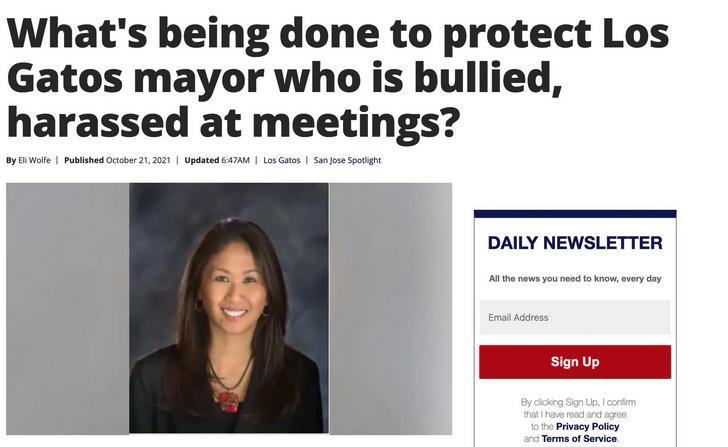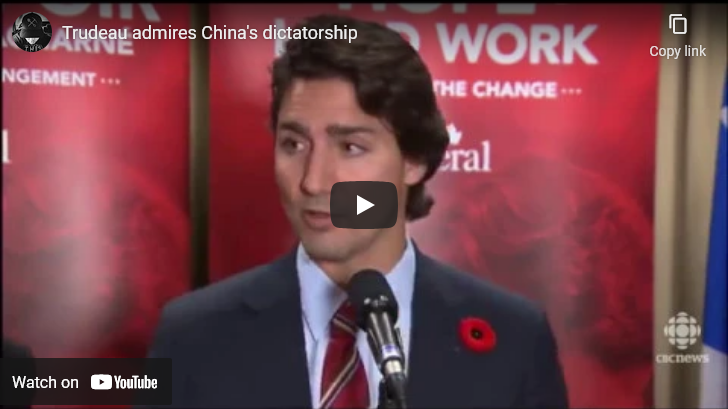Jonathan Haidt wrote at some length about what Chris Bray contends was an imaginary period of American history when people were less divided:
First, I think that this maneuver is the political strategy of a mediocre elite, with varying degrees of consciousness. The limit to which this may be true has to do with the spectacular loss of historical knowledge, which leaves a big part of the population feeling pretty sure that they’re the first people in the history of the universe who have ever encountered meanness. But the constant recourse to the language of “bullying” in the face of ordinary disagreement is a tell:
If you disagree with someone and only get the response that you’re vicious and a bully, you’re talking to an asshole; currently, it’s close to being the whole argument of the American governing class. The point of this kind of rhetoric is to win an argument by not allowing the other side to have it, and this seems like not really a mystery. See Jonathan Haidt’s reference to the high levels of trust in countries run by a “stable, competent autocracy”. Political elites all over the free world keep panting and sighing about how much they admire China’s dictatorship, and get a room, man.
A related diversionary strategy is the constant recourse to the argument that people who disagree are victims of disinformation, the pivot in which “I disagree with this policy” is met with horror that the peasants have been tricked by the Internet. For example, did you know that some people have fallen for the lie, spread by Russian bots, that the Covid-19 vaccines aren’t as safe and effective as Pfizer and Dr. Fauci said? It’s hard to believe how far we’ve fallen.
But the biggest problem in Haidt’s essay is a giant omission: While Haidt writes at length about what the psychology of social media has done to the public — how it’s eroded our trust, how it’s fomented tribalism and point-scoring behavior, how it’s trapped us in the pattern of confirmation bias, “making it far easier for people to find evidence for absurd beliefs and conspiracy theories,” and so on — he never mentions the possibility that the psychology of social media has had the same effect on our institutions and the people who run them.






